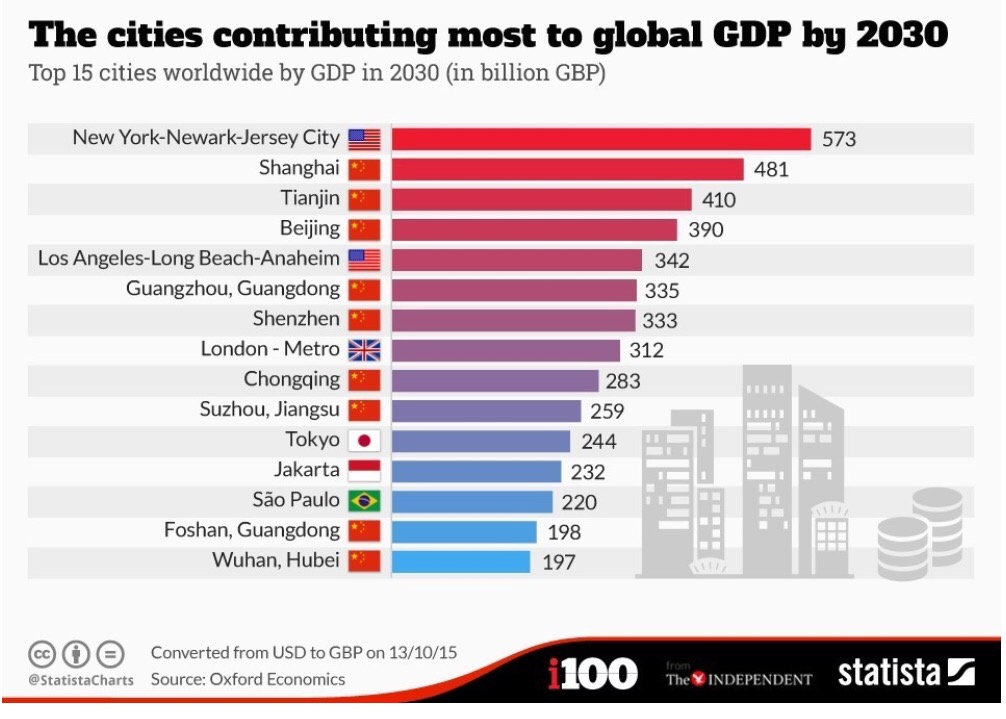Forget the nation-state: cities will transform the way we conduct foreign affairs
Cities are economic and political powerhouses. The GDP of the state of New York is larger than that of Spain or South Korea. In Latin America, São Paulo state alone is richer than Argentina, Uruguay, Paraguay and Bolivia combined. Guangdong in China is wealthier than Russia or Mexico.
More than a deliberate choice, paradiplomacy is becoming an inevitable move.

Cities and states manage their own diplomatic networks. Critics assume that only regions that flirt with sovereignty are induced, by the nature of their internal struggles, to establish representations abroad. It’s true that Quebec, Catalonia and Scotland boast the widest and better-resourced diplomatic networks.
However, an increasing number of local governments have also seen the need to open representations in foreign countries to protect and advance their specific interests. For Canadian provinces, US states or German länder, this is a common foreign policy instrument.
Cities and states are also members of international organizations. There are approximately 125 multilateral arrangements of subnational governments.
These arrangements are growing at a rate that far exceeds the establishment of conventional national-state international organizations.
This is a very interering development that will bring a new paradigm and dimension to international cooperation creating new opportunities.
Read the interesting article here: WEF: Article
Source: World Economic Forum
You must be logged in to post a comment.